
Waking up with bruises on your legs, a dangerous sign that you should not ignore
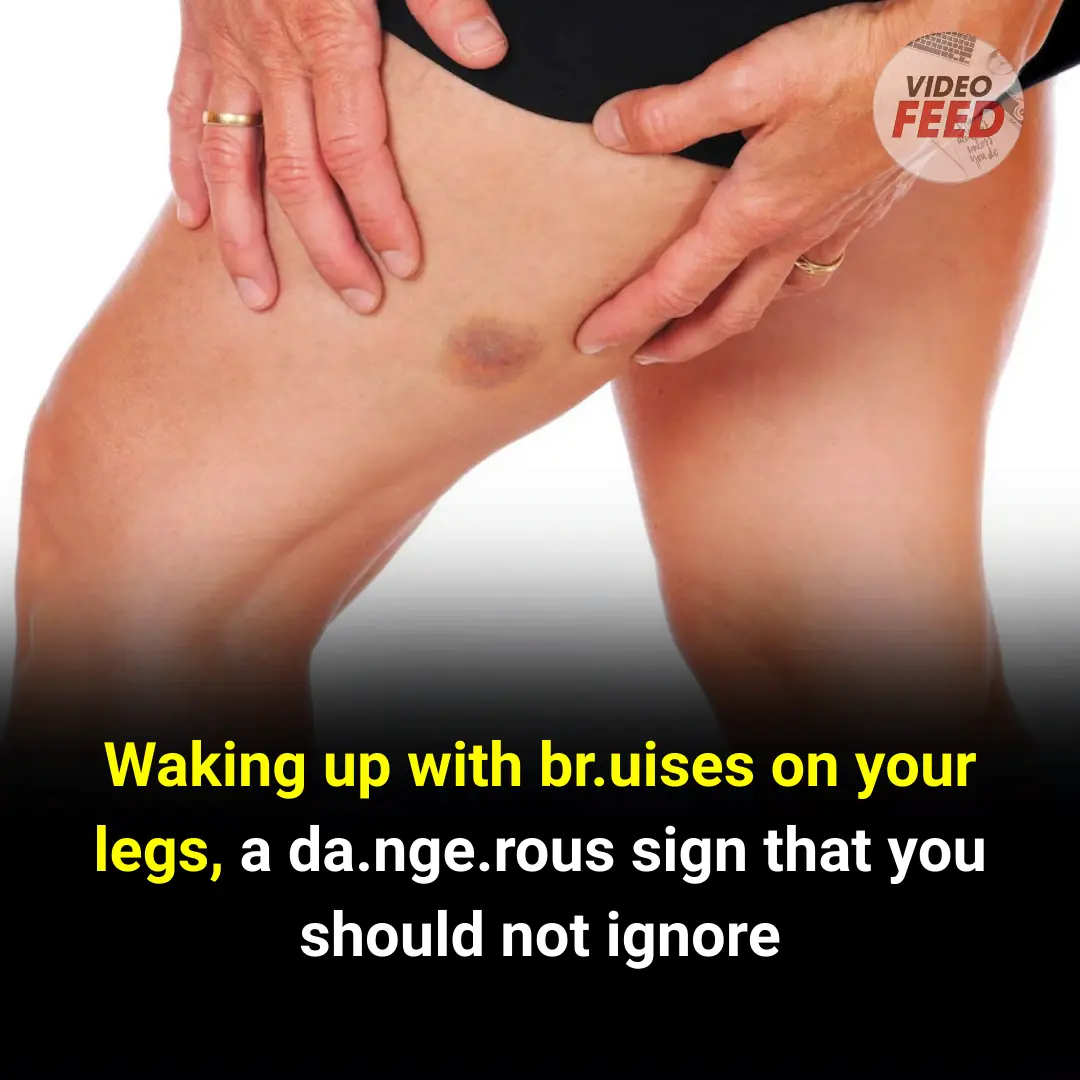
In medicine, bruising, also known as subcutaneous hemorrhage, occurs when small blood vessels under the skin rupture. The common causes are physical impact or naturally arising from deficiencies in vitamins, folic acid, and other nutrients.
Why Do Bruises on the Legs Appear After Waking Up?
Almost everyone has experienced waking up in the morning with unexplained bruises on their legs, yet not everyone knows the exact cause.
When you notice bruises on your skin, it usually means that the blood vessels—responsible for transporting blood between the heart, tissues, and organs—have ruptured due to damage or weakening. As red blood cells leak out of the vessels and break down, the skin shows patches of discoloration ranging from purple to yellow or bluish. If the cause is not related to an underlying disease, these bruises will fade within a few weeks. However, if the cause is medical, early examination and treatment are necessary.
Common Causes of Morning Bruises on the Legs
1. Diabetes
Morning bruises on the legs may be an early warning sign of diabetes. High blood sugar levels weaken the blood vessels, skin, and nerves, leading to capillary bleeding under the skin. If bruises appear without any prior injury or bump, diabetes should be considered as a possible cause.
2. Over-exercising
Excessive exercise can also cause bruising, as intense physical activity may rupture the small blood vessels beneath the skin. People engaging in high-intensity sports should be cautious to avoid impact, trauma, or more serious injuries.
3. Aging
As people age, collagen production decreases and the protective fat layer under the skin becomes thinner. This explains why individuals over 60 are more prone to bruises, even from light pressure or minor bumps.
4. Blood Disorders
Some people with blood-related conditions may develop large bruises even after minor contact or may wake up with unexplained bruises despite no trauma. If this happens frequently, it is advisable to seek medical consultation, as it may be linked to clotting disorders.
5. Medication Use
Long-term use of certain medications can lead to bruising. These include aspirin, birth control pills, antidepressants, painkillers, anti-inflammatory drugs, anticoagulants, iron supplements, and asthma medications.
6. Purpura
Purpura causes blood to leak from small capillaries, leading to numerous small bruises across the skin. In severe cases, it may also be accompanied by itching.
7. Vitamin Deficiency
Vitamin deficiencies, especially vitamin C, are common causes of morning bruises on the legs. Lack of vitamin B12 affects blood production, vitamin K deficiency reduces clotting ability, and vitamin P deficiency disrupts collagen production, making blood vessels fragile and prone to frequent bruising.
8. Hormonal Imbalance
Hormonal changes, such as estrogen deficiency, make capillaries more vulnerable. Women in menopause, those taking hormone treatments, or those who are pregnant often experience bruises on their bodies.
How to Treat and Manage Bruises
The best time to treat a bruise is right after it forms. If bruising is caused by an injury, apply a cold compress to the affected area for 5–10 minutes within the first 72 hours. Avoid placing ice directly on the skin, and wait at least one hour between applications.
Cold compresses not only reduce subcutaneous bleeding and swelling but also work effectively for sprains, muscle strains, insect bites, and even joint pain caused by gout.
If you wake up with bruises on your legs, elevate the bruised leg while sitting or lying down to improve blood circulation and reduce swelling. Limit movement in the affected area to prevent worsening of the bruise.
Seek medical help immediately if:
-
The bruise is accompanied by fever
-
Bruising occurs around the eyes
-
The bruise becomes swollen, red, and very painful
-
You cannot move the affected area
-
Bruises do not fade after two weeks
-
Bruises appear suddenly and frequently without a clear cause
In such cases, consulting a specialist is essential to identify the underlying cause and receive timely treatment.
News in the same category


6 Types of Summer Seafood as Nutritious as Ginseng

Not for everyone: 5 groups who should be wary of bitter melon

Who needs to cut back — or stay away — from pickled vegetables?

5 Types of Garlic with High To.xin Levels That Could Cost You Your Health
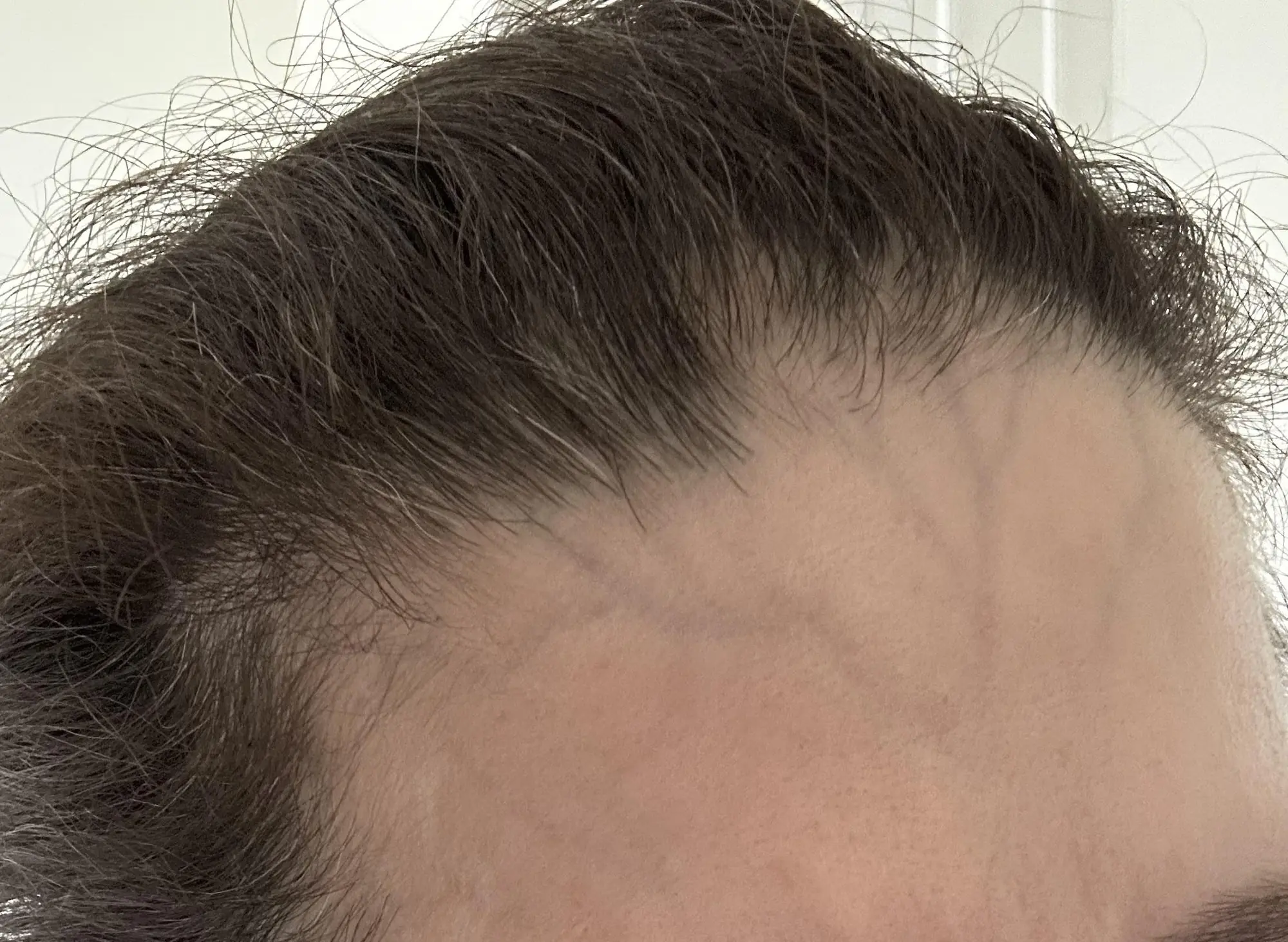
Visible Green Veins in 6 Areas Could Signal Hidden Diseases
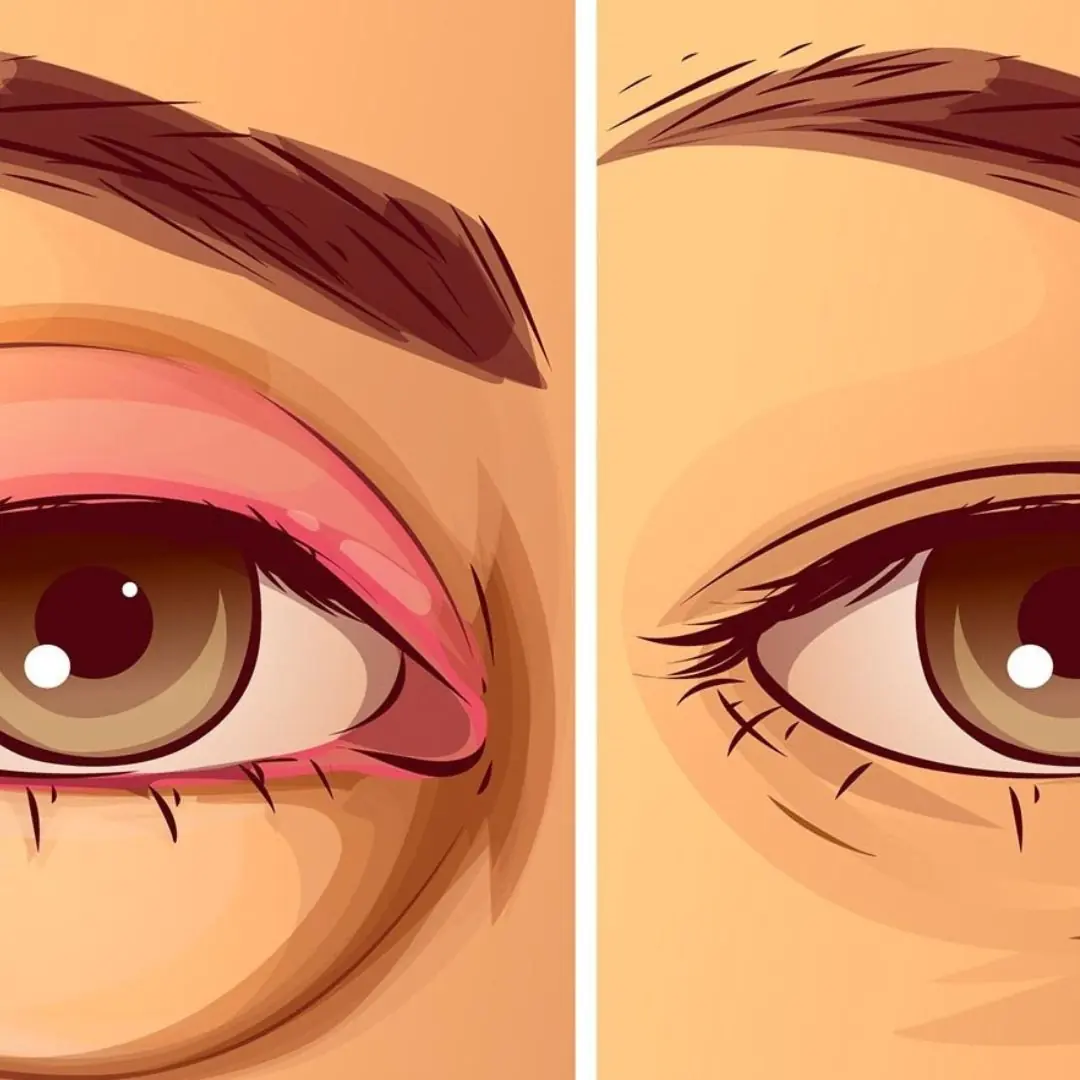
Puffy eyes when waking up: 6 causes and remedies
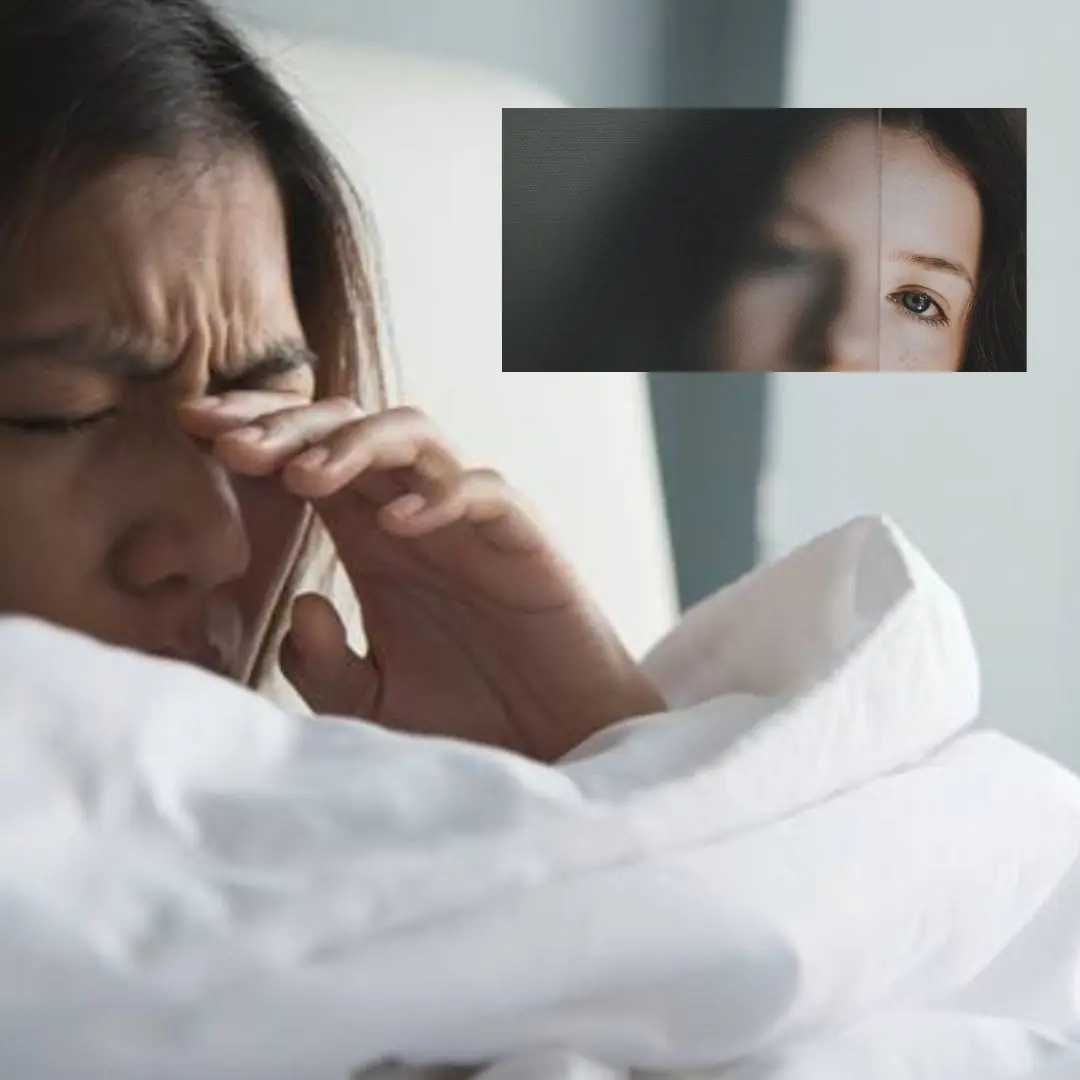
Be careful with the phenomenon of waking up with blurred vision

6 Nighttime Drinks That Can Ruin Your Sleep — Especially the Third One, Which Most People Drink Before Bed Without Realizing Its Hidden Dangers

Men and women who see these 3 signs in their urine need to see a doctor for kidney failure immediately
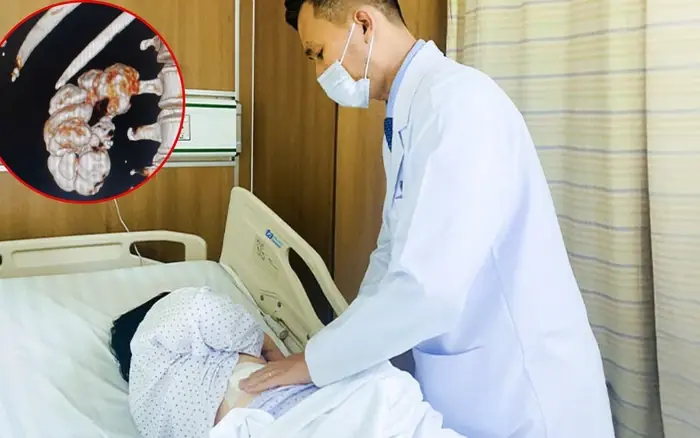
A Woman’s Kid.ney Turned to “Stone” and Had to Be Completely Removed

7 Types of Foods That Don’t Spoil Easily
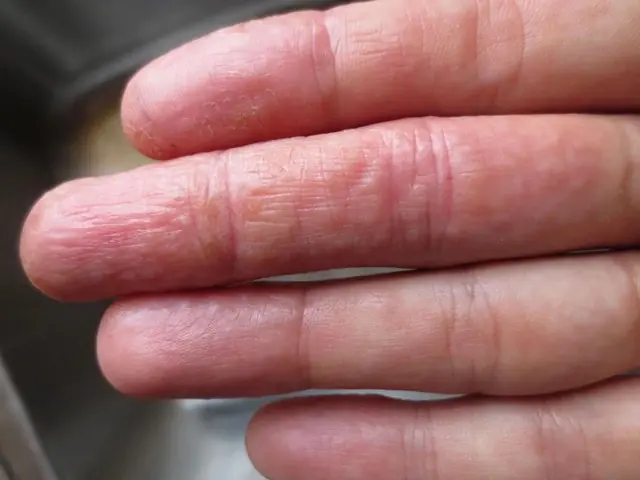
4 Finger Signs That May Signal Li.ver and Lu.ng Can.cer

Japan Reveals the Top 5 Foods to Eat Every Day
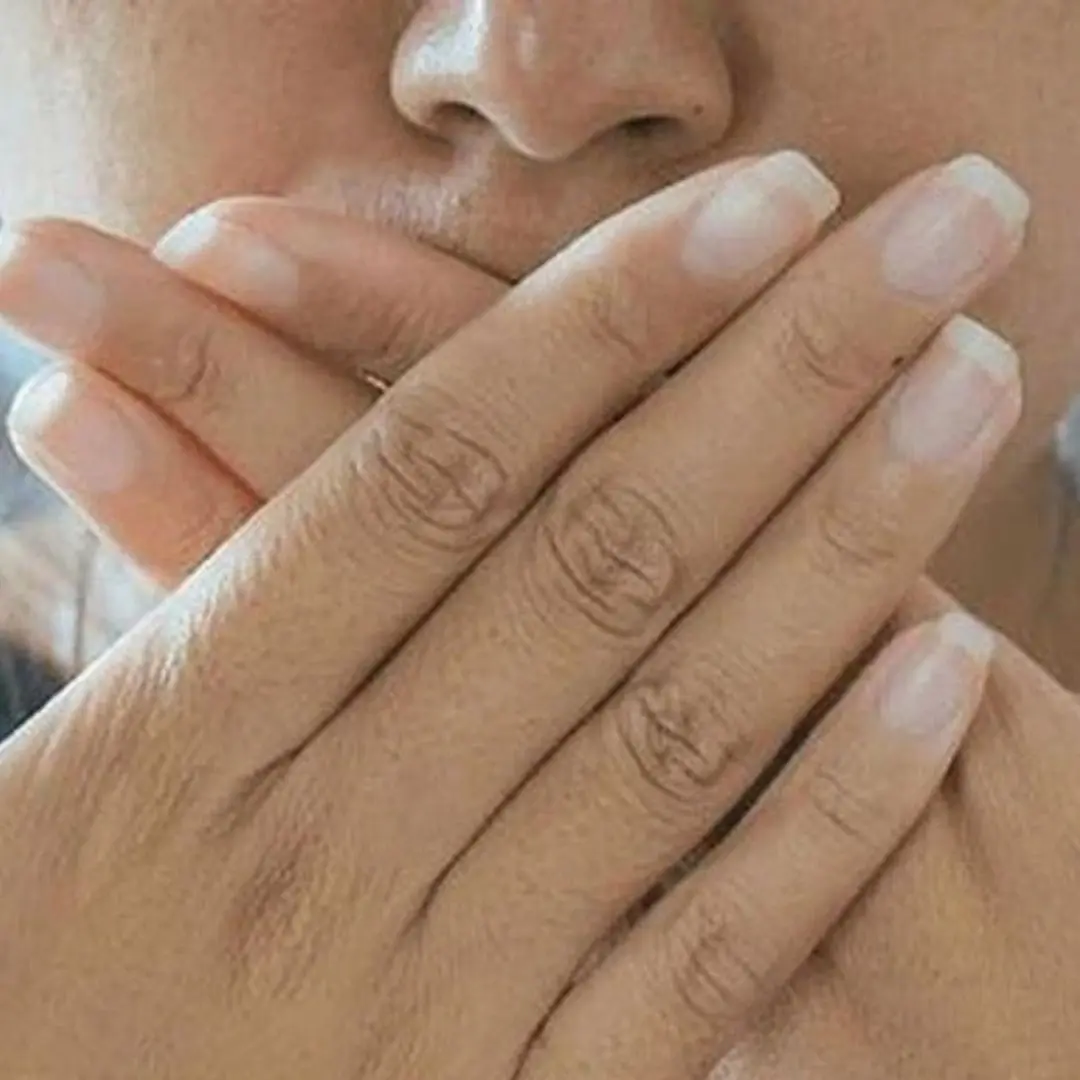
A bitter taste in your mouth every morning? Don’t take it lightly — it may signal an underlying illness
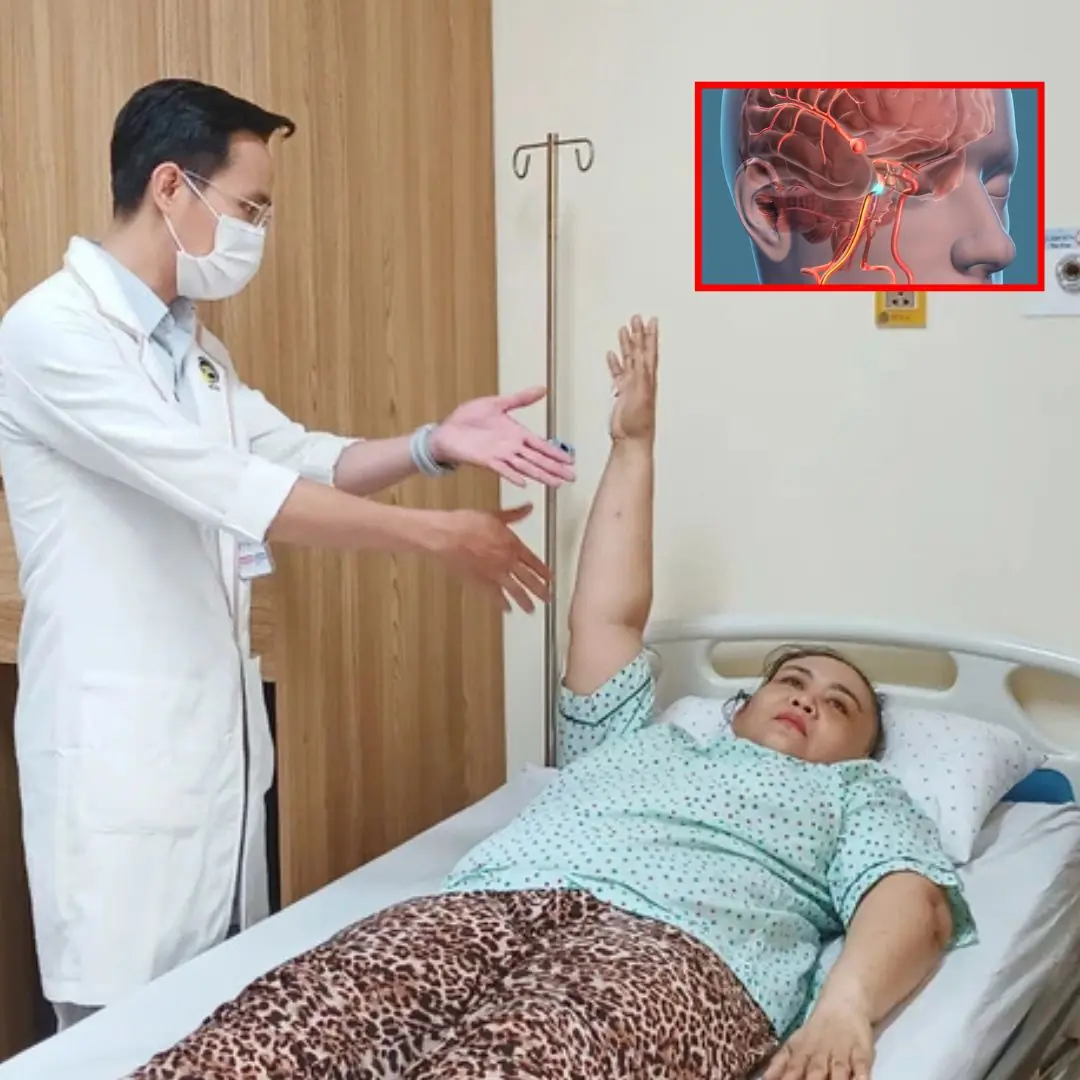
Sudden headache while sweeping the floor, 48-year-old woman went to the doctor and discovered a ruptured brain aneurysm

56-year-old man contracts food poisoning from a favorite dish of many Vietnamese people
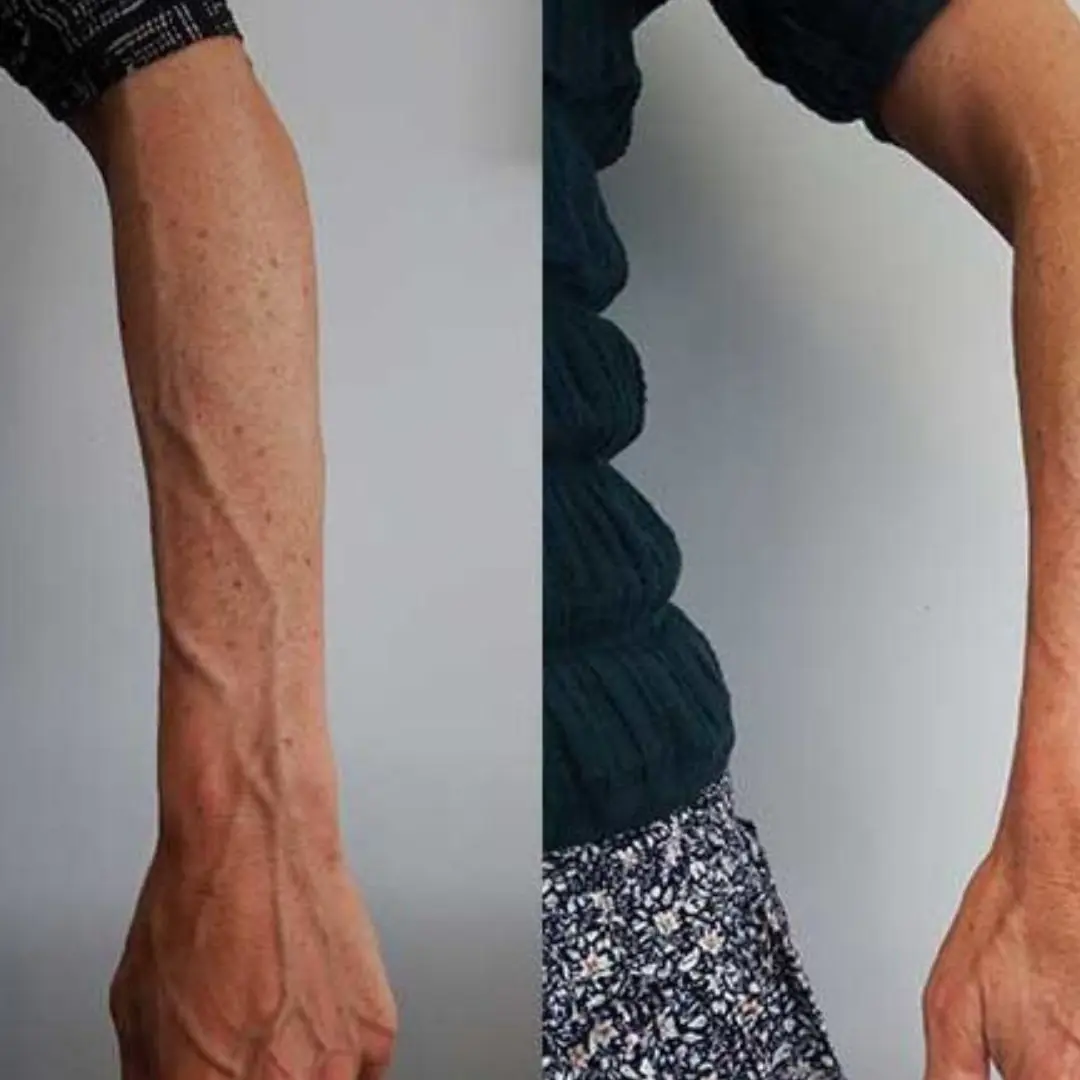
Bulging Arm and Hand Veins: Causes and Treatments

Ca.n.cer is painless at first, but if you notice these 8 signs while going to the bathroom, you should see a doctor immediately
News Post

4 Foods Once Branded as “Health Enemies” That Turn Out to Be Superfoods

How a baby aban.doned on a flight led to a new family and a new beginning

Why do Japanese people put towels on their heads when bathing in hot springs?

6 Types of Summer Seafood as Nutritious as Ginseng
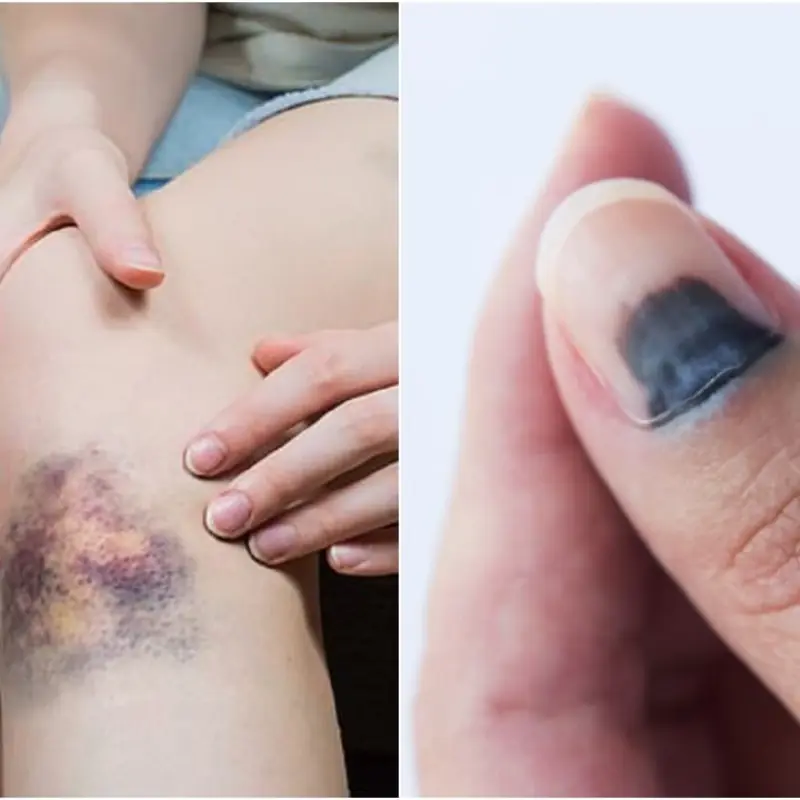
5 Areas of the Body Turning Black May Indicate Can.cer

Do This Extra Step Before Boiling Chicken Breast for Juicy, Tender, and Not-Dry Results

A Woman Hospitalized After Eating Refrigerated Watermelon

Not for everyone: 5 groups who should be wary of bitter melon

Who needs to cut back — or stay away — from pickled vegetables?

5 Types of Garlic with High To.xin Levels That Could Cost You Your Health
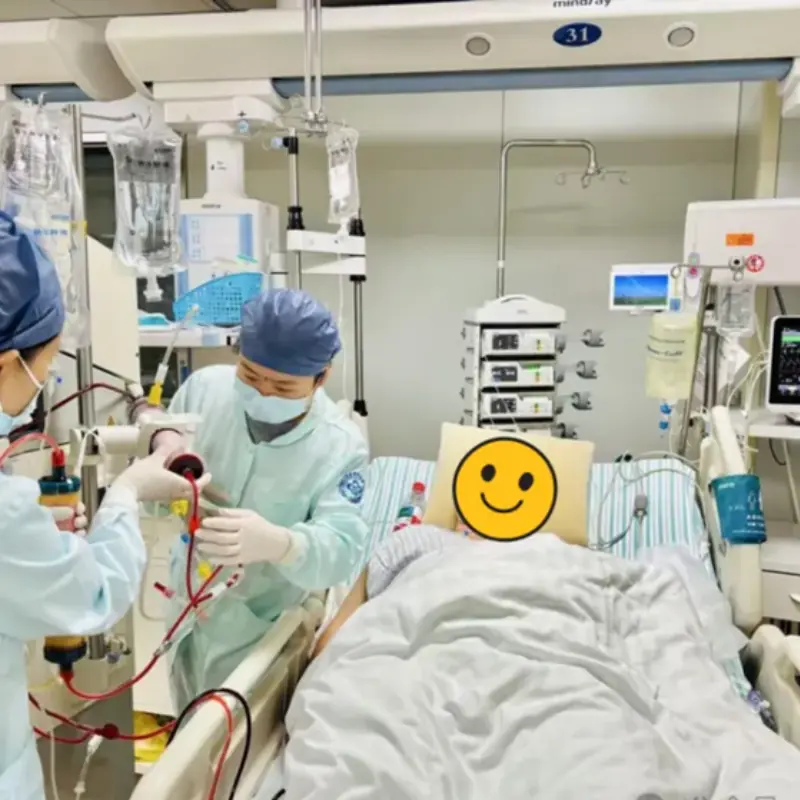
The Man with Blo.od ‘As Thick as Pork Fat’ Because of Something Many People Love

Visible Green Veins in 6 Areas Could Signal Hidden Diseases

Puffy eyes when waking up: 6 causes and remedies

Be careful with the phenomenon of waking up with blurred vision

6 Nighttime Drinks That Can Ruin Your Sleep — Especially the Third One, Which Most People Drink Before Bed Without Realizing Its Hidden Dangers

American Doctor Reveals the "3 Seeds, 2 Vegetables, 1 Meat" Best

Men and women who see these 3 signs in their urine need to see a doctor for kidney failure immediately

A Woman’s Kid.ney Turned to “Stone” and Had to Be Completely Removed
